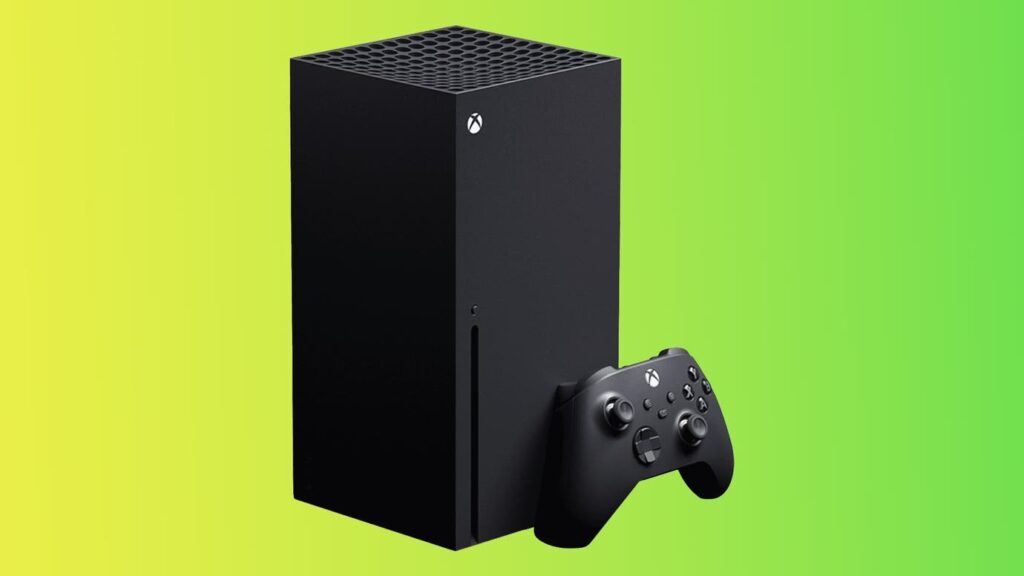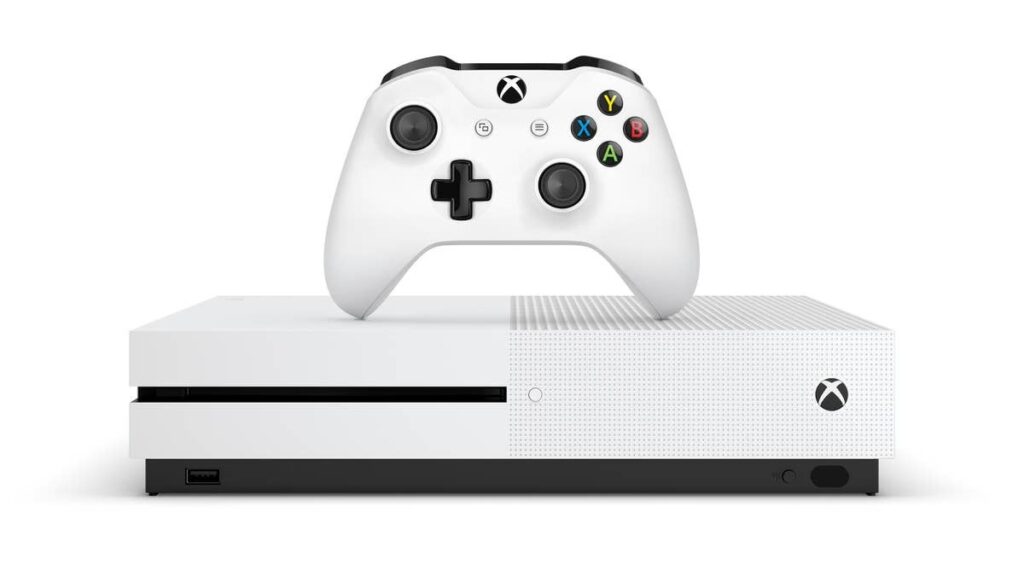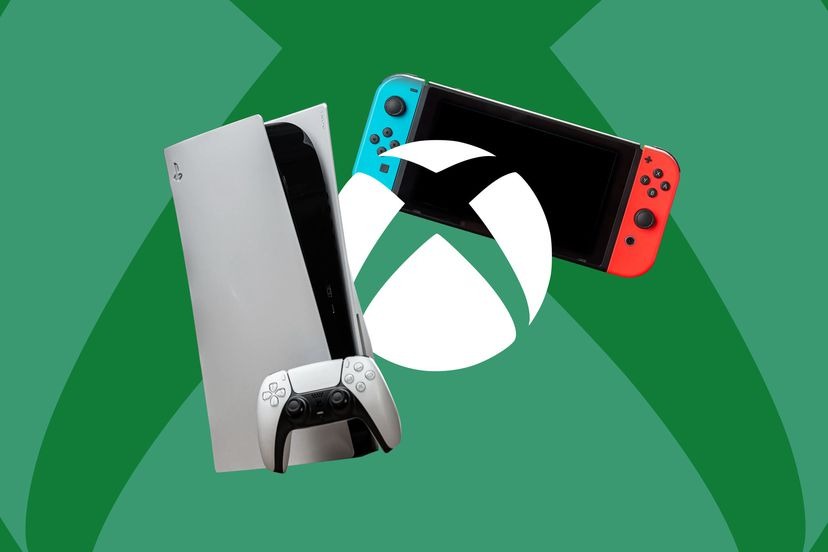Longtime console rivalry dynamics face disruption based on Microsoft’s announced intention to publish former Xbox exclusives directly onto competing PlayStation and Nintendo Switch hardware.
This tectonic strategic shift opens Xbox hits to millions more global gamers. But why the change, and what larger realignments does it suggest regarding Xbox priorities?
Recognizing Gamers’ Multi-Platform Reality
Microsoft rightly notes that many players divide gaming time across multiple consoles and PC rather than pledging sole allegiance to any one platform.
In this context, clinging to permanent Xbox exclusivity increasingly feels out of touch and denies audiences highly-desired entertainment.
Extending hits like Call of Duty to the Switch and PlayStation ecosystems smartly embraces gamers’ hardware-agnostic habits in an age of digital cross-play and cloud gaming.

Boosting Xbox Content Value and Reach
Still, some critics argue Microsoft risks relinquishing competitive differentiation by publishing Xbox crown jewels more widely.
However, data shows that exclusivity no longer retains users the way network effects creating multiplayer communities do.
Furthermore, releasing former exclusives like the upcoming Starfield RPG to Sony and Nintendo consoles generates licensing revenue while exposing more gamers to Xbox Game Studios’ creativity.
This expands indirectly marketed value regarding the Xbox brand and platform.
Is Xbox Shifting from Hardware to Software?
Interestingly, Microsoft’s online gaming chief Phil Spencer openly welcomes users enjoying Xbox games on platforms that aren’t produced by Microsoft.
Between this and the company’s big Bethesda acquisition, some speculate that Xbox intends pivoting from a hardware focus towards becoming a mass media property and service provider.
If so, promoting Xbox software more ubiquitously across devices coinciding with Microsoft’s Netflix-style Game Pass streaming aligns smartly.
Sony and Nintendo’s Reaction Remains Unclear
While Xbox heralds a new open era, how competing console makers receive this strategic shift carries intrigue.
Sony in particular nursed past PlayStation dominance by leveraging zealously guarded exclusives.
If the creator of God of War and Spider-Man now itself adopts day-one cross-platform releases, it may undermine PlayStation’s differentiated appeal.
Likewise, will Nintendo feel pressure ensuring flagship titles like Zelda or Metroid don’t wind up accessible through Xbox hardware?
Their responses may significantly shape video gaming’s next console generation battle lines.
Cloud Gaming Lowers Barriers Between Platforms
Some argue that expanding cloud game streaming hastened Microsoft’s willingness to distribute software widely regardless of underlying hardware.
With Xbox building remote play infrastructure rivaling Stadia and Amazon Luna, who needs a console at all if redditors can stream Halo to a smartphone?
As this next computing paradigm shifts emphasis towards software itself rather than devices, Microsoft smartly ensures its games meet users anywhere while also embracing cross-compatibility.

The Future of Video Game Content?
Stepping back, Microsoft relinquishing Xbox exclusivity challenges assumptions that platform holders necessarily aim locking users into closed ecosystems.
Instead, a more agnostic philosophy centered on excelling at desirable softare experiences themselves rather than just hardware advantage reflects notable evolution.
Only time will tell whether Sony, Nintendo and others eventually pursue similar tacks. But Microsoft’s decisions pioneering multi-access game publishing unequivocally marks the dawn of a new open era promising players more choice.










Add Comment